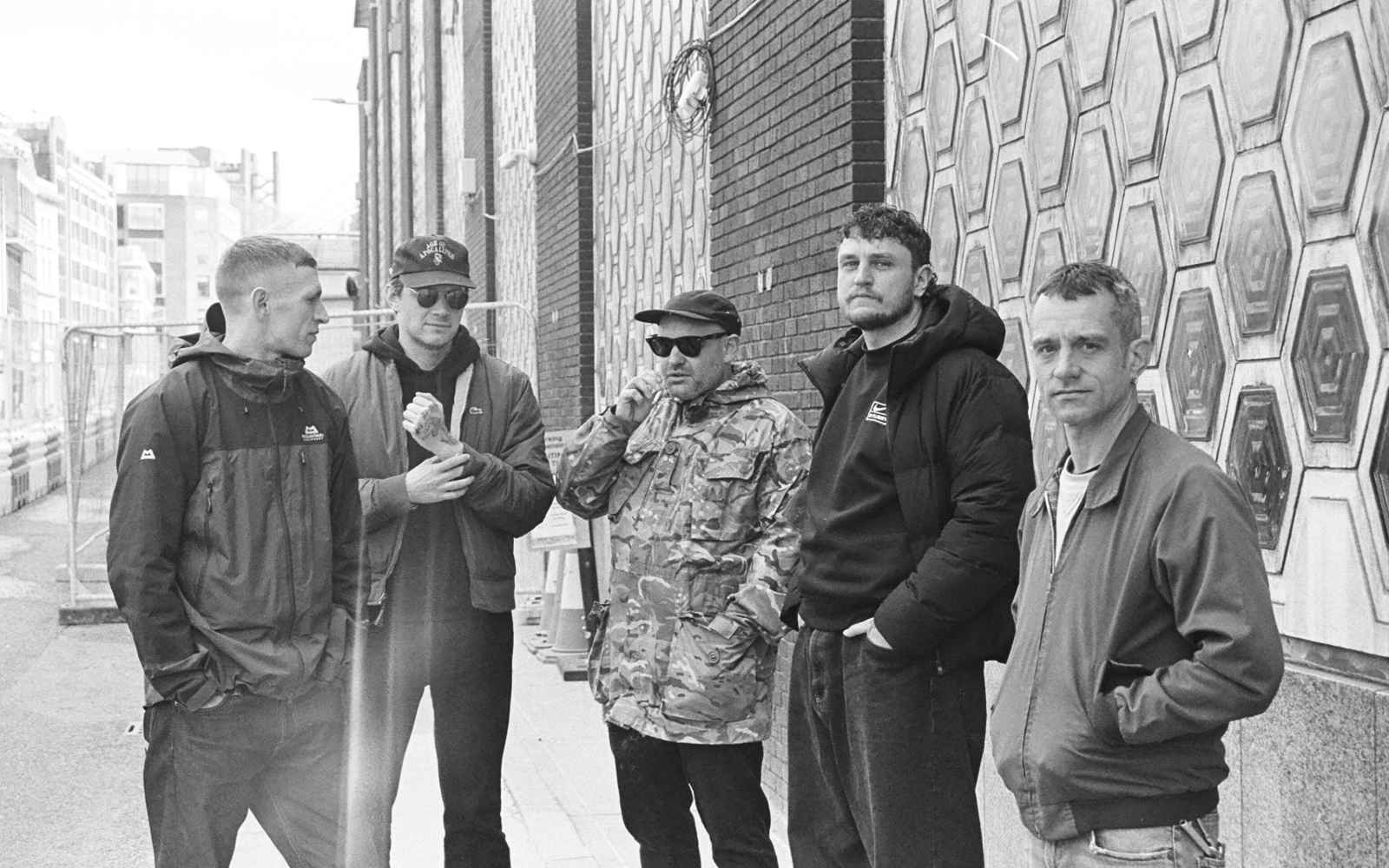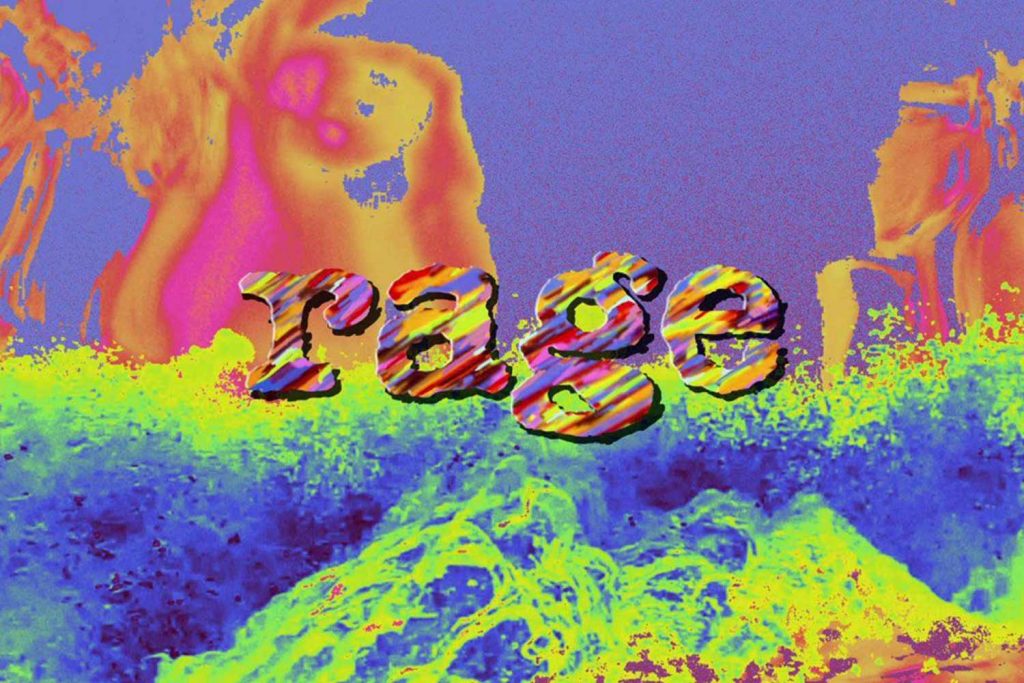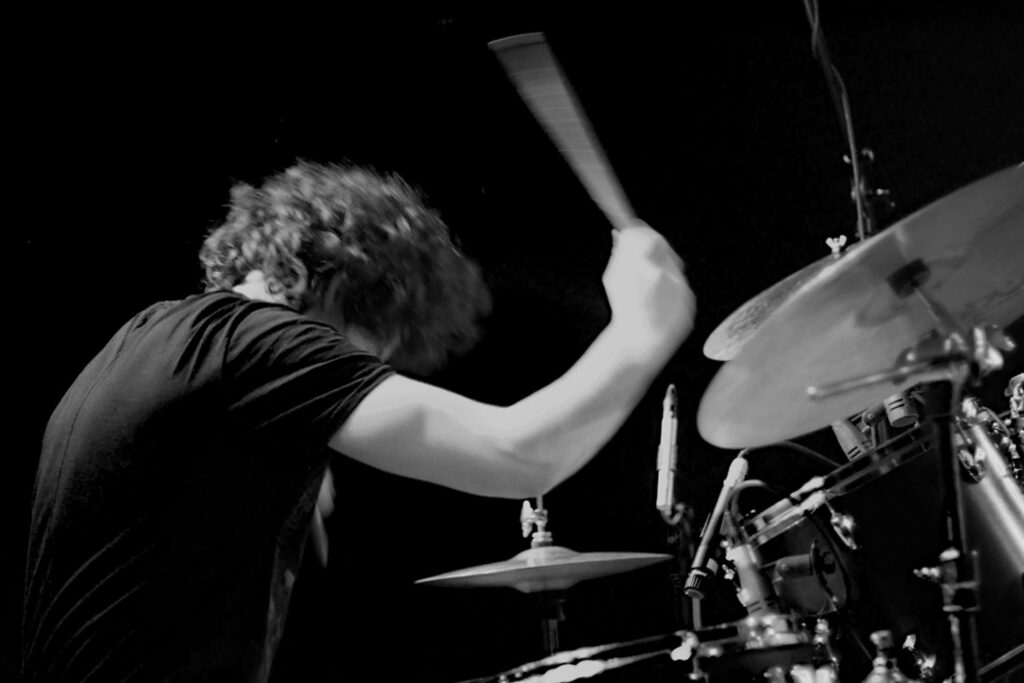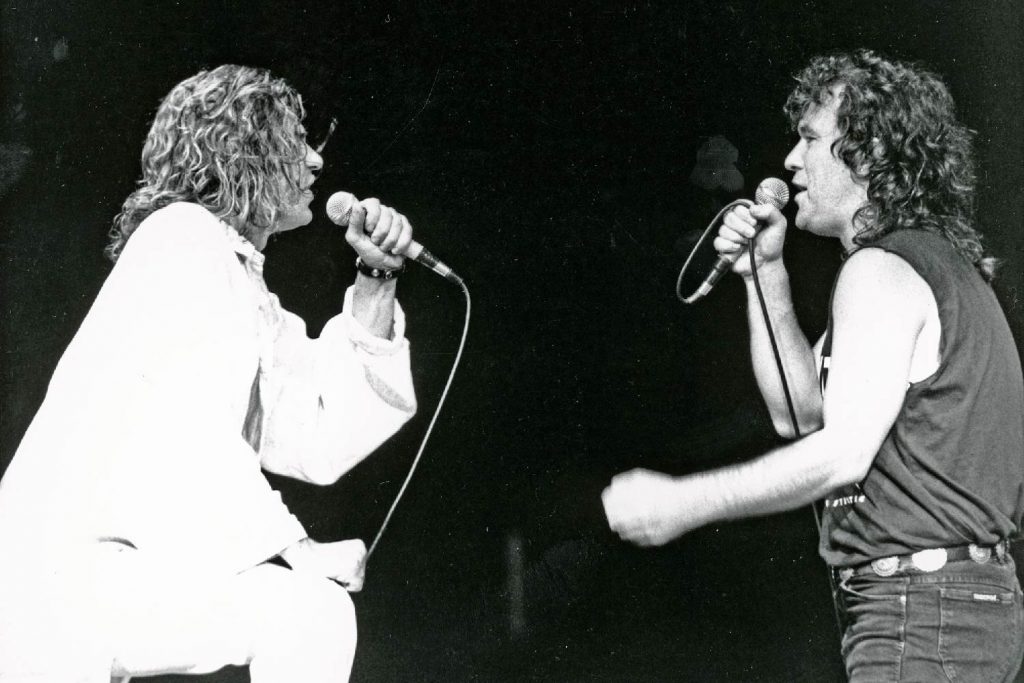High Vis are an English rock band. I’m saying rock because their third record, Guided Tour, transcends genre, blending post punk and new wave influences with classic protopunk stylings and an underlying hardcore energy.
While on tour with Show Me The Body, High Vis frontman Graham took the time to chat to Mixdown about songwriting, production and recording.
I ask Graham how he’s going, and he seems relaxed and calm, despite being minutes away from jumping onto stage.
“Yeah, I’m good.” he begins. “We’ve got three dates left of a six week tour.”
“Excited for home?” I ask with a grin.
“Unbelievably,” he laughs. “The eight days that I get, and then we’re back out again.”
Read all the latest features, columns and more here.
Following a string of Australian shows in August with Sydney band Speed, High Vis have been non stop. Their third album, Guided Tour, was released in October, and they’re showing no signs of slowing down. Guided Tour was recorded at Holy Mountain Studios in London, before being mixed by Holy Mountain owner Misha Hering.
Speaking to the album, Graham explains “It’s always good to get it out. You put a lot into this stuff, and then you sit on it for a couple of weeks and that hyper-active little brain just wants to get the thing out and move on.”
“And you start to wonder if it sucks.” I jest.
“Yeah!” Graham laughs. “I literally didn’t listen to it for like two months. I think for myself it’s good to do that, really take stock of it. And I still like it, so that’s good.”
We take it right back to the album’s inception here, speaking to High Vis’ songwriting process, Graham explaining that their drummer, Edward “Ski” Harper, usually starts the songs off.
“He’ll generally demo stuff, play around with stuff, and do it all on Ableton. So he programs all the drums, and I generally think he starts with bass riffs, and then builds from that. I’ve seen him play a bass and then build the parts up.”
“It’s a long process, I’ll send lyrics to Martin [Macnamara, guitarist], just notes in my phone, which we then chop up.” Graham explains.
From here “it’s a lot of to-ing and fro-ing”, sending demos, refining and shaping the songs until they feel complete.
“It feels more akin to that of a bedroom producer than a traditional band. It comes from— Ski used to produce a lot of house and garage, back in the day— and it comes from that, really.”
Graham clarifies further that High Vis need to be really weary of demo-itis. With such an in-depth writing, demoing and re-writing process, the band can become overly attached to the songs when it comes to re-record them in a studio. However, they have a plan to avoid this: when it comes to the studio, they won’t take the demos with them, and try their best to just record them from memory to avoid comparing the new recordings to the demos.
There’s an intensity to High Vis’ music, and while they’re not explicitly a hardcore band, they retain a heaviness and punk-iness about them, while drawing from other influences.
Graham laughs. “Yeah, we’re not at all [a hardcore band]. I think that’s the energy and approach that I like to take, I see people in bands and I wanna be convinced by them. I want them to be ‘doing the thing’.” he smiles. “Sonically, [High Vis] is not a hardcore band. I always say it to wind people up, because it’s funny. People in hardcore love tellin’ you what hardcore is and isn’t.”
“Because we’ve always been around, that’s the scene we came up in, it’s kind of like—it’s quite funny isn’t it. I don’t know what we are, I’d say post-punk is probably the closest and best word for it.”
“It’s not quite punk, it’s not quite post punk, it’s…” I trail off.
“It’s a secret third thing.” Graham grins.
Graham lists off a few influences for this ‘secret third thing’, naming bands like The Chameleons and The Sounds, “80s post punk bands: miserable, jangly, a lot of chorus on the guitars.”
He continues to list influences like Red Lorry Yellow Lorry, early Creation [Records] bands and more.
Graham speaks a bit further to the vocal style on a lot of this music, describing it as “dull, monotonous, anti-singing” and says he never wanted to do that. It felt insincere, and performative.
“In my opinion.” he hastens to add.
Graham decided to just see how his own vocal style would sound over that style of music, and High Vis’ sonic identity was born.
“I’m not trying to be anyone but myself really.”
We pivot a bit here to capturing all this identity on record, and we discuss the recording workflow as well as Holy Mountain specifically.
“I used to DJ hip hop with Misha, back in the day,” says Graham. “He’s Swiss and we used to DJ some grimy New York hip-hop.”
“[Holy Mountain] is a sick spot, and they’re just our friends, so recording in that space is so familiar, but bringing Jonah (Falco, producer) into it, he’s really good at just tapping into what it is that you’re trying to do, or what you should push or lean into, y’know?”
The recording itself was by instrument by instrument, drums first, then building from there. They try not to record to a click, to retain the life of the songs, and then build and build on top of that foundation. We clarify that while they’re building layers, they’re weary of overdoing it.
“We wouldn’t record something that we couldn’t play live.” states Graham. “However, we haven’t played all the songs live. There’s songs we know are gonna be fun to play live, you can approach it with more energy. I don’t know if it’s that deep, really, we don’t think that much about it.”
“The songs are always written by the same people that are gonna play ‘em live, so it’s not so much of a thought process.”
The new High Vis record, Guided Tour, is out now on Dais Records. Keep up with the band here.







